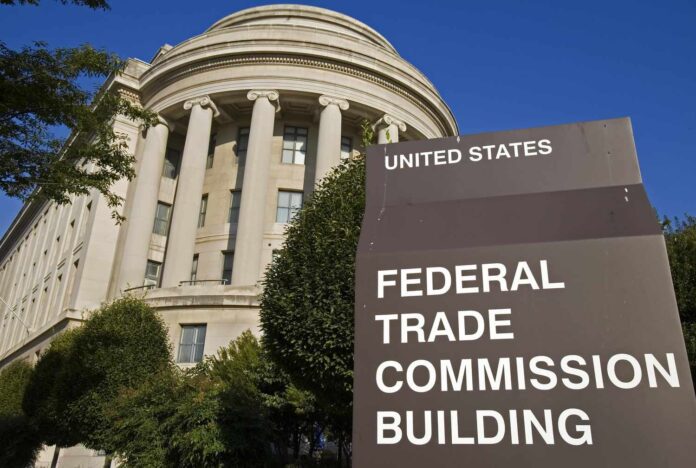The Federal Trade Commission (FTC) and the State of Nevada have jointly filed a lawsuit in federal court against IM Mastery Academy (IM Academy), accusing the company of scamming over $1.2 billion from consumers, particularly young adults, by promoting bogus trading courses and encouraging participation in a multi-level marketing (MLM) scheme.
The lawsuit, filed in the U.S. District Court for the District of Nevada, claims that since 2018, IM Academy, previously known as IM Mastery Academy or IML, has defrauded consumers by selling trading courses designed to teach participants how to make significant profits in markets like foreign exchange, binary options, cryptocurrency, and stocks.
The company allegedly rebranded to Iyovia in November 2024 to avoid legal scrutiny. However, the FTC and Nevada argue that IML has misrepresented its services, falsely claiming high earnings from trading activities, and luring consumers into a recruitment-driven MLM scheme. These practices have led to millions of dollars in losses for consumers, many of whom were promised financial freedom through their courses and mentorship from “bogus” instructors.
According to the complaint, IM Academy used social media platforms, including Instagram, to promote lavish images of supposed trading successes and luxury lifestyles to attract customers. Despite these claims, the FTC and Nevada contend that the company lacks any credible data or support to back up its financial promises. The complaint reveals that most consumers who enrolled in IM Academy’s training services lost money instead of generating the substantial profits they were promised. Furthermore, the majority of instructors have no formal investment training or certifications, with many relying on self-taught methods or YouTube videos.
The lawsuit specifically targets IM Academy, its co-owners Chris Terry and Isis Terry, officers Jason Brown and Alex Morton, and salespeople Matthew Rosa and Brandon Boyd, who allegedly earned millions of dollars through the deceptive sale of trading courses. The FTC and Nevada assert that IM Academy primarily marketed its services to young individuals, many of whom were Black and Latino, exploiting their desire for financial success.
“IM Academy’s fraudulent practices have harmed countless consumers, particularly young people, by offering them false hope of financial independence through trading, while they were actually being led into a scheme designed to enrich the company’s leaders,” said Christopher Mufarrige, Director of the FTC’s Bureau of Consumer Protection. “We are committed to holding these defendants accountable for their deceptive actions and protecting consumers from this massive scam.”
The lawsuit charges IM Academy with violating multiple consumer protection laws, including the Federal Trade Commission Act, the FTC’s Telemarketing Sales Rule, the Restore Online Shoppers’ Confidence Act, and the Nevada Deceptive Trade Practices Act.
The FTC and Nevada’s legal action comes after the company ignored previous warnings issued by the FTC in 2021 and 2022 about its deceptive marketing claims. Despite these notices, the company continued its misleading advertising, further exploiting consumers.
In addition to the U.S. legal action, the company has drawn attention from international authorities, with over 21 global regulatory agencies warning about its operations. Canadian law enforcement has also taken legal steps against IM Academy.
The lawsuit is titled Federal Trade Commission et al. v. International Markets Live Inc. et al., Case No. 2:25-cv-00760, and is being heard in the U.S. District Court for the District of Nevada.



